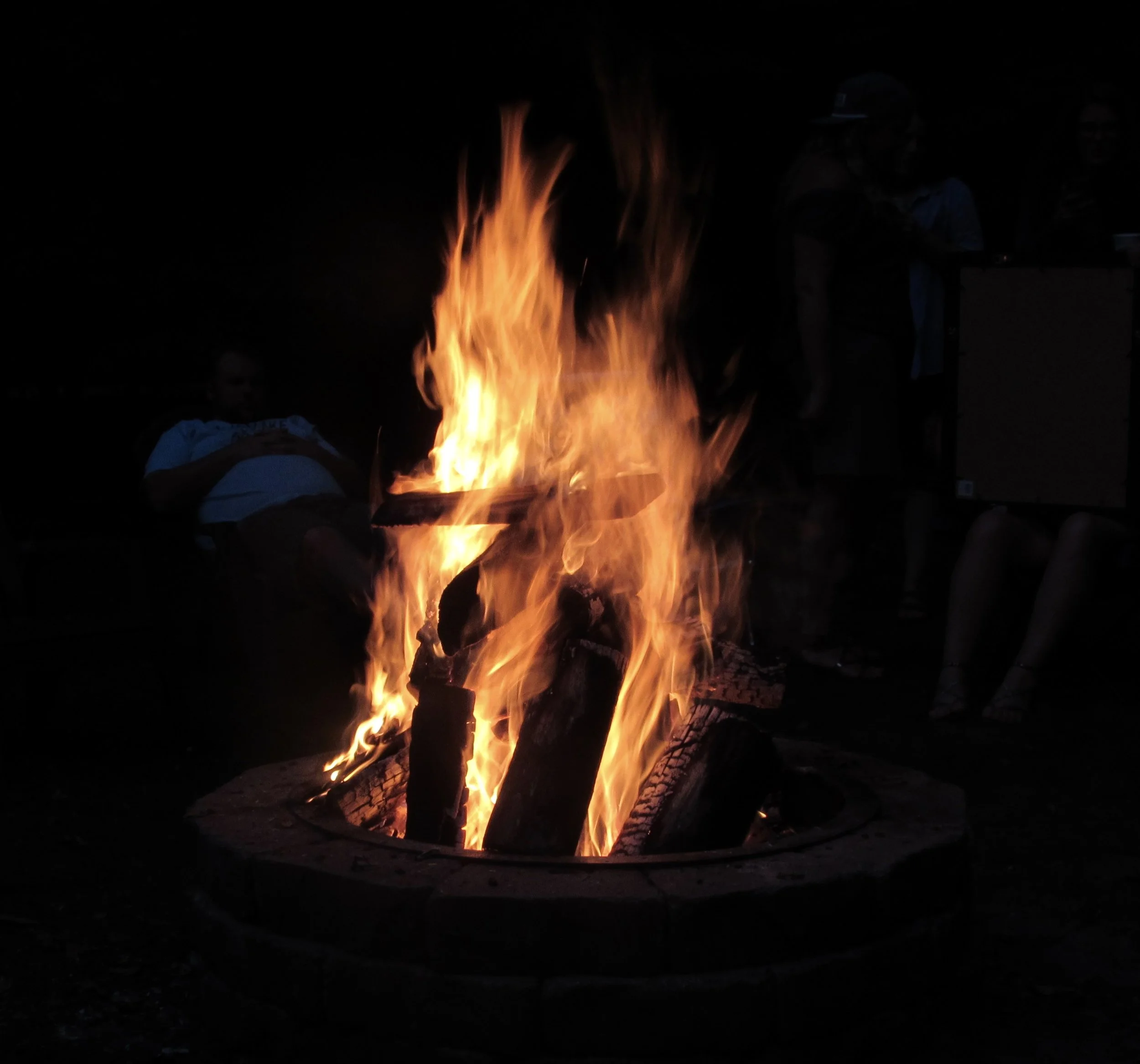In Tim Berners-Lee on Social Graph: Ok, I Give Stowe Boyd takes Berners-Lee to task for confusing concepts and terminology related to “semantic web,” “social network,” and “social graph.”
All in Social Media
In Should You Make or Buy Your Social Network? I wrote about some of the technology-related decisions that are needed when an organization adopts online social networking.
If you are thinking of setting up a Facebook or MySpace page to promote your business, brand, association, or agency, you should first read Jeremiah Owyang’s Why You Need to have a Strategy before you make a Facebook Fan Page NOW!
What I'm Learning About Applying Social Media to Disaster Response
I’ve been researching applications of social media and social networking in local disaster response. Here are some of the things I’ve found.
Phil McKinney’s podcast on Finding and Keeping Innovation Champions got me to thinking about a client project I recently completed. The deliverable included a model for assessing an organization’s readiness to adopt technology-enabled collaboration.
Jeremiah Owyang has an interesting discussion going on over at his blog in The Challenges of Social Media in the Enterprise, why Business and IT need to align.
Potential Applications of Social Media and Social Networking in Local Disaster Response
People use the tools available to them when a crisis hits. Increasingly these tools include blogs, text messaging, and social networking systems such as Facebook. The use of such communication tools in disaster and emergency situations is evidence of an obvious fact: the people most involved in an emergency are going to communicate about it. The question is, how can those in an official capacity take advantage of these communication channels?
I wonder if someday -- perhaps sooner than later -- we'll see a rejection by some groups of social networking technologies that many, including me, now view as evolutionary and inevitable.
Getting Real about Social Networking Adoption
Professional networking guru Scott Allen left a thoughtful comment on my blog post Network Unto Others As You Would Have Others Network Unto You a couple of days ago. He noted that people don’t share the same personal and professional networking priorities.
I'm listening to another one of Command Line's podcasts, this time Rant: Is Fair Use a Right? (Command Line produces one of my five favorite podcasts.)
Despite the logical nature of Command Line's thesis (he believes that copyright Fair Use is a "right," not just a legal defense) I'm still skeptical about being able to unambiguously explain to people what their "fair use" rights actually are.
Apple, iPods, and Personal Data Portability
I've been busy lately. My blogging has suffered. I've tried to update my blog's "daily notes" (located on my home page and archived here) but that's about it. I'm working offline on some longer white papers, I'm starting a new client project next week, I've been involved in a non-stop series of proposals and statements of work, and I've had to keep my plants watered during the drought here on the U.S. East Coast.
Meanwhile, there are some really interesting "tech" things going on.
Would you benefit from having a personal online networking strategy? A "personal online networking strategy" is a coherent view of how you use various media for communicating and managing relationships with other individuals and groups. Such a strategy should address:
I’m a member of an exclusive and high quality group on Facebook called “Association of Associations.” It’s composed of professional association executives and managers, members, vendors, and consultants (like me).
School Communications & Emergency Response: What are the Implications for Social Media?
I’ve been reading documents from a page of links relevant to emergency planning for schools that is maintained by the Texas A&M University’s Integrative Center for Homeland Security. According to the Center’s blog, the list was started in response to the Virginia Tech shooting.
I’m looking for information on the implications of using social media and social networking systems as part of the “mix” of communication tools that are relevant in an emergency.
What Social Media Adoption Model Are You Following?
We’re beginning to see more social media and networking case studies and discussions of “best practices.” Maybe this is evidence of a classic adoption curve.
My good friend Jeremiah Owyang, with whom I wrote an article in early 2006 that is STILL regularly among my weekly top ten posts (this past week it was number one), has written Web Strategy: What the Web Strategist should know about Facebook
Here is an example of how RSS feeds can be used by local governments to provide information to the public. The City of Alexandria, Virginia is using RSS feeds to distribute information to the public about city events.









